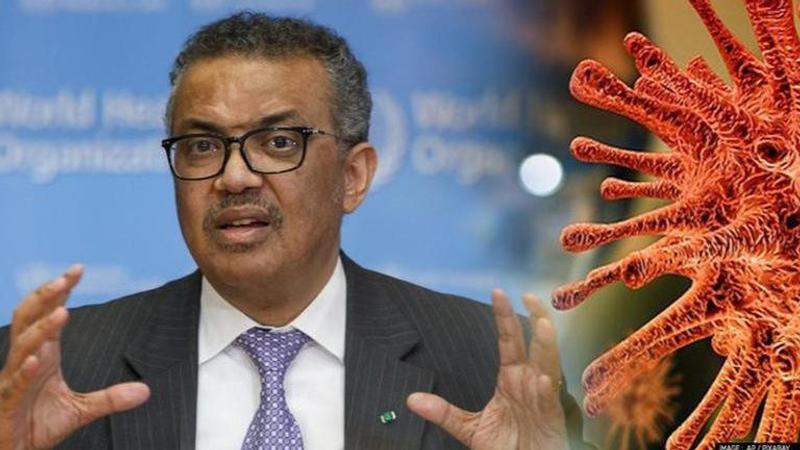Published 14:41 IST, November 29th 2021
Omicron variant spread 'can have severe consequences', says WHO; gives safety tips
Because it is one of the most severely mutated virus strain yet, there are still considerable uncertainties, the WHO said in its newly released technical paper.

IMAGE: AP/Pixabay | Image:
self
Advertisement
Loading...
14:41 IST, November 29th 2021




